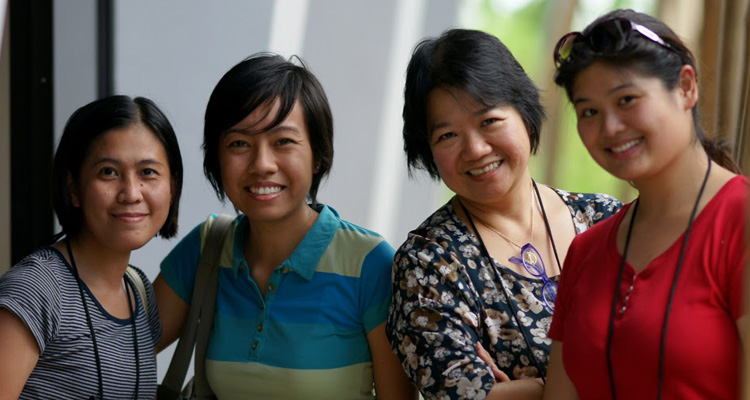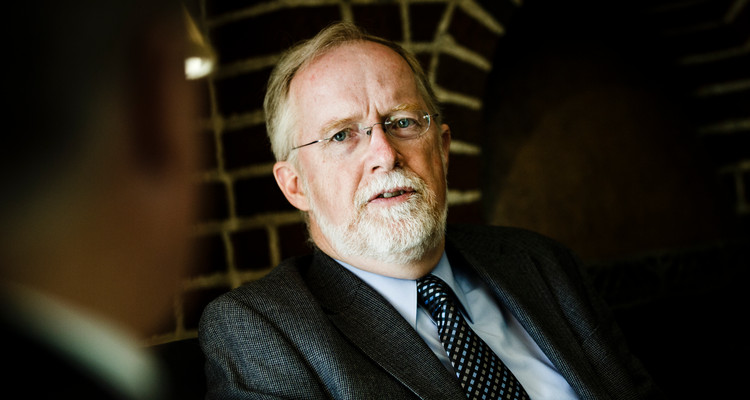Filipino Cardinal Luis Antonio Tagle challenged a gathering of nearly 300 business and economic scholars from more than 20 countries and 80 different academic institutions and businesses to imagine “growth and prosperity that could include everyone” and improve the lives of even the poorest people in the poorest countries.
The cardinal, who is also the archbishop of Manila, posed the challenge at the opening Mass for a conference on “Poverty, Prosperity, and the Purpose of Business” that met Feb. 26-28 in the Philippines. Local hosts – Ateno de Manila University, De La Salle University and De La Salle-College of Saint Benilde – welcomed conference participants to their campuses in the heart of Manila, the Philippines’ vibrant and busy capital city situated in a metropolitan area home to more than 12 million people.
Plenary speakers, presenters and panelists explored questions around the conference’s theme, “Rediscovering Integral Human Development in the Catholic Social Tradition” through the lens of Catholic social thought and teaching and the concept of corporate social responsibility. Sessions emphasized the value of the whole human person and each person’s right to develop and flourish, particularly in the arena of work and business. Papers examined the potential impact on human dignity, human development and the common good when leaders intentionally pursue good work, good goods and good wealth in the conduct of business.
Many educators present shared an interest in examining how Catholic institutions can educate their students to be businesspeople who are trained competently and inspired to enable all people to realize their full human potential through work with dignity.
A visit to “The Enchanted Farm” capped the three-day conference. A rural community developed with the support of Gawad Kalinga (which means, literally, give care in Filipino), the farm is the work of Filipino social entrepreneurs inspired to create sustainable jobs, training, education and individual family homes. It is one of more than 2,000 such communities, both agricultural and urban, developed in the Philippines since 2003 and helps to lift an estimated 16,000 families out of extreme poverty.
Conference co-sponsors included the Ryan Institute, Marquette University (Wisconsin), St. John’s University (New York) and the three Manila host universities.
Read more from Perspectives.





